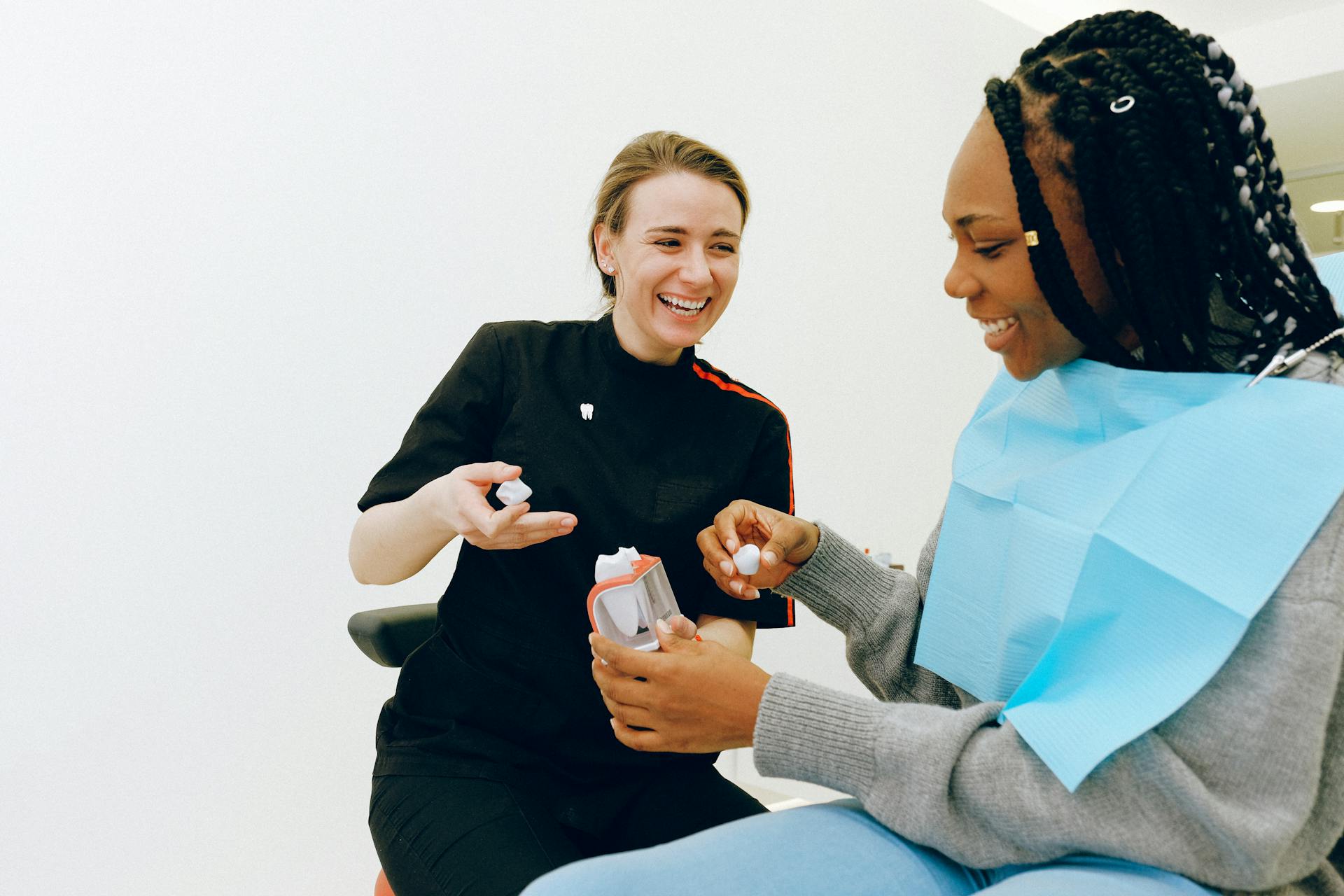November may be a month of firework displays and Christmas preparations, but it is also UK Mouth Cancer Action Month. The Oral Health Foundation works tirelessly every November to raise awareness of this life-changing illness and the importance of regular oral cancer screening, but many of us still don’t know how to spot its symptoms.
This makes a screening test for oral cancer one of the most important treatments that a dentist offers, but there are also ways for you to check for mouth cancer at home. So, let’s take a look.
Check for symptoms
This particular type of cancer can occur in any part of your mouth, from the tip of your tongue to the back of your jaw, so it is important to keep an eye out for any unusual sensations or growths. In fact, many of us might not realise how common this cancer is. It is estimated that this year alone there will have been 10,825 new cases of mouth cancer, and it remains the 10th most common cancer in the UK.
An early diagnosis will likely save your life by boosting your chances of survival from 50% to 90%, so don’t ignore any of the early symptoms. The common forms, including tongue cancer, oral cavity cancer, or oropharyngeal cancer, share similar symptoms, including:
- Mouth ulcers or similar sores that do not heal within several weeks
- Lumps in the lymph glands of your neck
- Growths or lumps inside your mouth
- Pain when swallowing and moving your jaw
- Unexplained mouth pain that can extend to the ears
- Sore teeth that become loose without cause
- Numbness or bleeding in your mouth
- Changes in your voice or problems with your speech e.g. a new lisp
- Gums and sockets that don’t heal after a tooth extraction
- Red or white patches on your tongue, gums or the lining of your mouth (if they appear for longer than 1-2 weeks)
Don’t let the high diagnosis rates scare you. Many of these symptoms can also be caused by non-dangerous conditions, but it is always better to be safe than sorry. As specialists in preventative dentistry, we encourage you to attend a mouth cancer screening at our practice if you notice any symptoms.
What can I do?
Unfortunately, like all cancers, there’s not a lot that we can do to prevent it from developing. Our efforts must go towards catching the symptoms early on and preventing it from spreading, which is why we include a screening test for oral cancer in our check ups.
During the early stages the symptoms are not always noticeable, so it is essential that you keep up-to-date with your appointments so that we can check for mouth cancer on your behalf. However, if you have already noticed symptoms, mention this to our team when making your booking or let your dentist know on the day and we will examine them for you. Our oral cancer screening will include discussing the symptoms that you have noticed, examining your mouth for any sores or discoloured tissue, feeling your neck and glands for any growths, and taking a biopsy if needed.
In between visits, make sure that you maintain a strict oral health routine and keep an eye out for changes in your mouth. If you are able to, it is also important to:
- Make efforts to stop smoking
- Reduce your alcohol intake
- Check your mouth, jaw, and glands regularly
- Attend oral cancer screening more often if you develop tooth decay or gum disease
Overdue for your next oral cancer screening?
If you are worried about potential symptoms, or you just want to make sure that there’s no cause for concern, let us put your mind at ease this Mouth Cancer Action Month.
We are here to support you with the treatments and advice that you need, so book your screening test for oral cancer today and make sure that you discuss any issues with your dentist.





